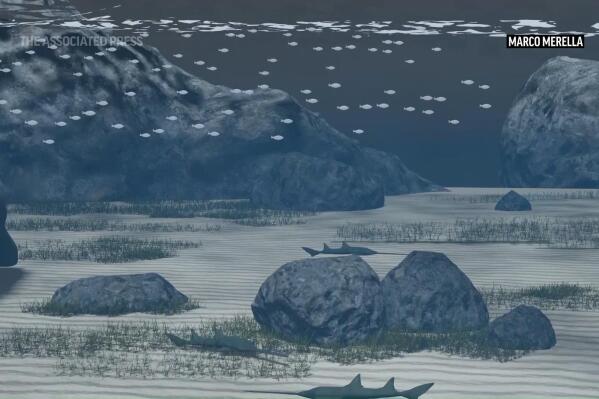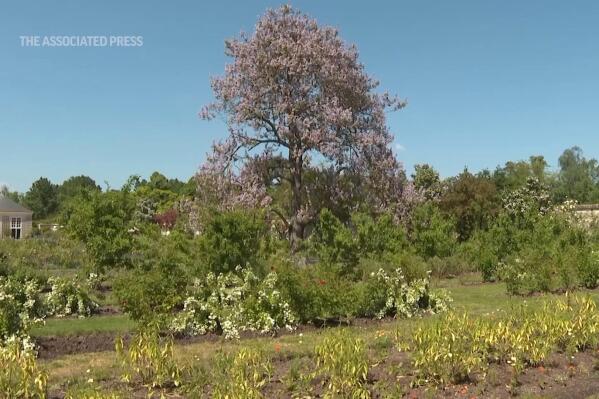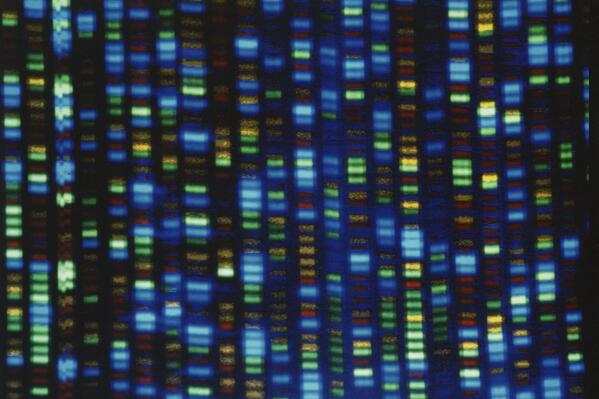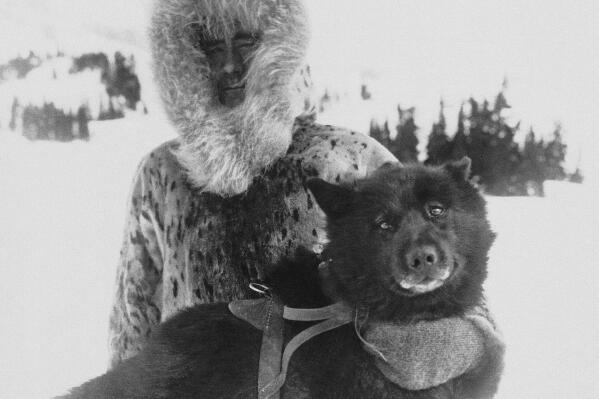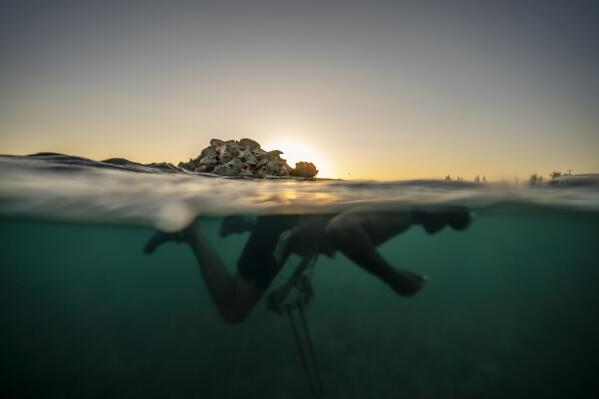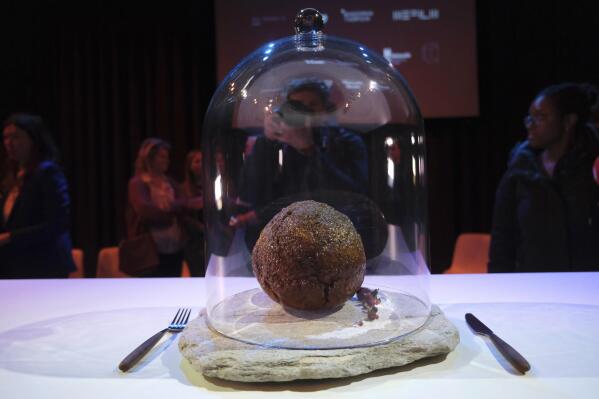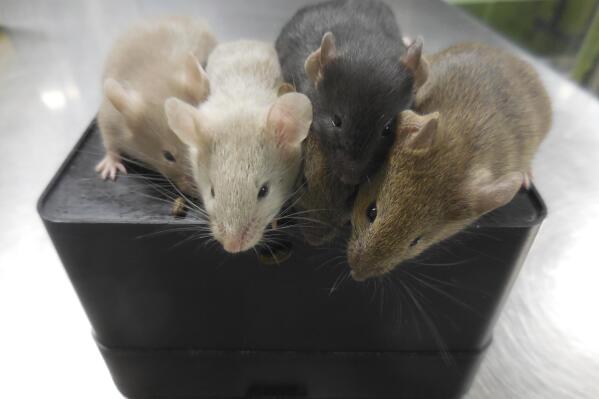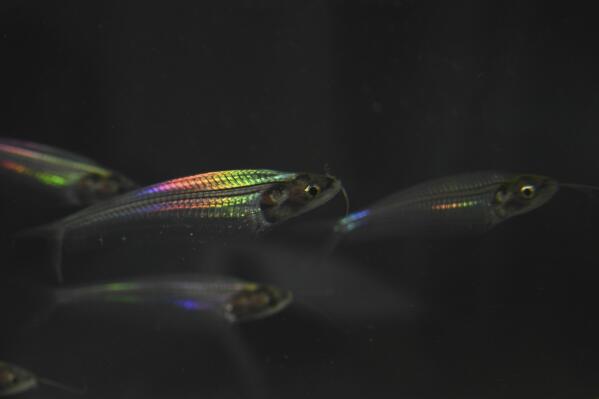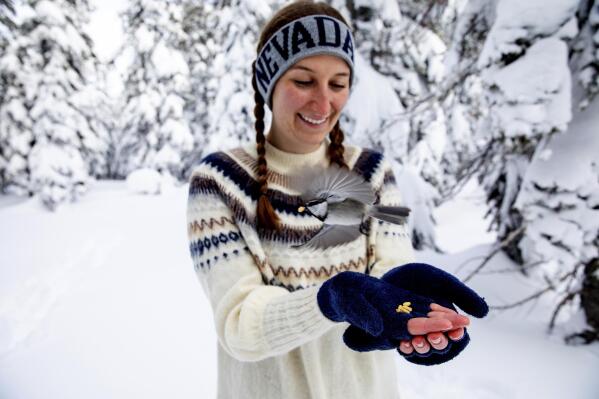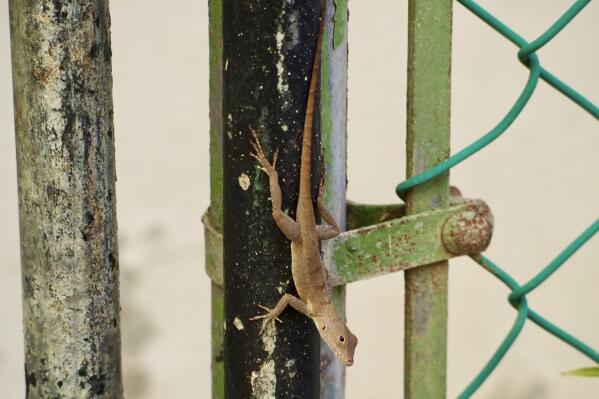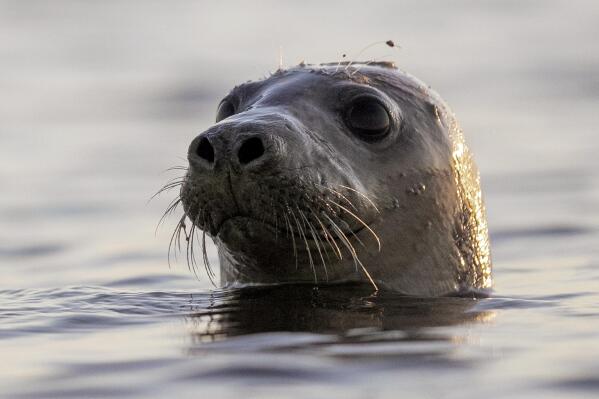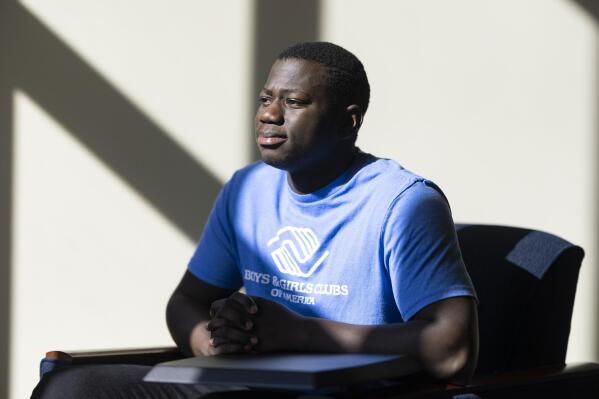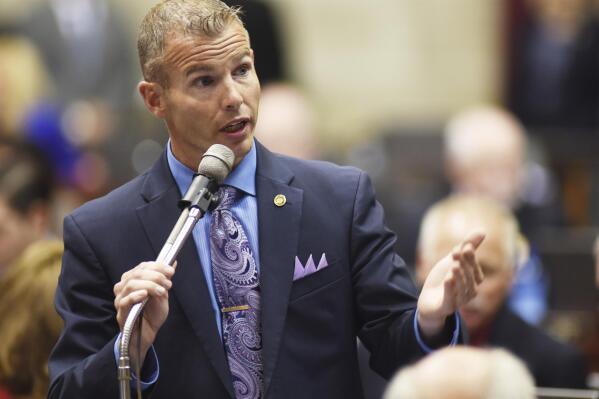Biology
More research is showing that we carry genes from other kinds of ancient humans, and their DNA affects our lives today.
A Russian geneticist living in Virginia has been sentenced to probation in federal court after pleading guilty to smuggling test tubes with DNA from endangered species into the U.S.
In a race against time, multiple organizations are working to save the reef that runs along the Florida Keys during a heat wave that has already led to historic coral bleaching.
A new study concludes that Antarctica is already being and will continue to be affected by more frequent and severe extreme weather events, a known byproduct of human-caused climate change.
Phoenix this week climbed back up to dangerously high temperatures. That means trouble not just for people but for some plants, too.
A newly studied species of ancient whale might be the heaviest animal ever found. Scientists reported Wednesday that the creature could challenge the blue whale’s title as the heaviest animal to live on Earth.
An American metropolis known for freeways and traffic has a newly discovered species named in its honor: The Los Angeles Thread Millipede.
This summer’s punishing heat wave has baked much of the U.S. in sweat-soaked misery. The country’s preeminent desert city has long sweltered through such brutal heat.
Scientists have created embryo models to help study the mysteries of early human development, the medical problems that happen before birth and why many pregnancies fail.
New research from North Carolina State University offers some hope to fruit growers who have struggled with a damaging fruit fly.
CHICAGO (AP) — The newest addition to the Field Museum on Chicago’s lakefront will give visitors a glimpse of the largest predatory dinosaur yet discovered via a 46-foot (14.02 meter) cast of a Spinosaurus skeleton suspended high above the museum’s main hall.
VERSAILLES, France (AP) — The Versailles flower gardens were once a symbol of the French king’s expeditionary might and helped water-deprived courtiers perfume their skin.
For two decades, scientists have been comparing every person’s genetic blueprint they study to a template that relies mostly on just one man.
Scientists from around the world are comparing the genetic blueprints of an array of animals to gain new insights into our own species. It’s called the Zoonomia Project.
The potential loss of conch in the Bahamas reflects the threat overfishing poses around the world to traditional foods.
An Australian company has lifted the glass cloche on a meatball made of lab-grown cultured meat using the genetic sequence from the long-extinct mammoth.
Scientists have created baby mice with two fathers for the first time by turning male mouse stem cells into female cells in a lab.
Scientists have figured out what makes a small see-through fish sometimes shimmer in the light. In a study published Monday, they say the key is in the muscles of the fish from Thailand, called a ghost catfish.
The U.S. Environmental Protection Agency is ordering rail operator Norfolk Southern to begin testing for dioxins in the area where a train carrying toxic chemicals in Ohio.
Five years ago, scientist He Jiankui shocked the world with claims that he created the first genetically edited babies.
U.S. Senators Sherrod Brown and J.D. Vance sent a letter to the directors of the Ohio Environmental Protection Agency last week asking why it was not testing for dioxins, a harmful suite of chemicals the senators claimed got into the air in East Palestine when officials burned off the vinyl chloride
Men running for office
Wildlife biologists and forest rangers at Lake Tahoe and across the West have been preaching the mantra for decades: Don’t feed the bears!
When visiting friends or family who have both houseplants and young children, I’ve been compared to “Aunt Bonnie” from the Geico commercial “Aunt Infestation.”
EDEN PRAIRIE, Minn. (AP) — The ghostly form floating in a large jar had been the robust reddish-brown of a healthy organ just hours before.
U.S. scientists in Puerto Rico have found that forest-dwelling lizards have genetically morphed to survive life in the city.
SANTA FE, N.M. (AP) — Two years after New Mexico saw migratory birds literally falling from the sky, New Mexico State University and Los Alamos National Laboratory have announced plans to establish a research program on bird die-off.
Facial recognition technology is mostly associated with uses such as surveillance and the authentication of human faces, but a group of scientists believe they’ve found a new use for it: saving seals.
There’s an old saying that adversity makes you stronger. Real life shows that’s not always true, but the adage highlights an evolving debate among scientists about resilience.
JEFFERSON CITY, Mo. (AP) — A new Missouri law outlawing books with sexually explicit images from school libraries is about to take effect.
DAVIS, Calif. (AP) — About 21,000 fish died of possible chlorine exposure at a University of California, Davis research and care facility, school officials said Thursday.

